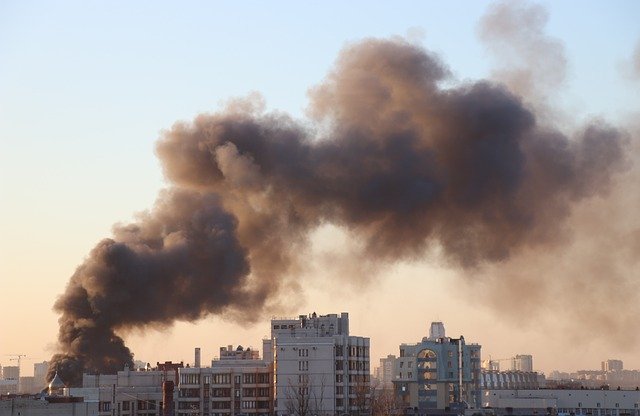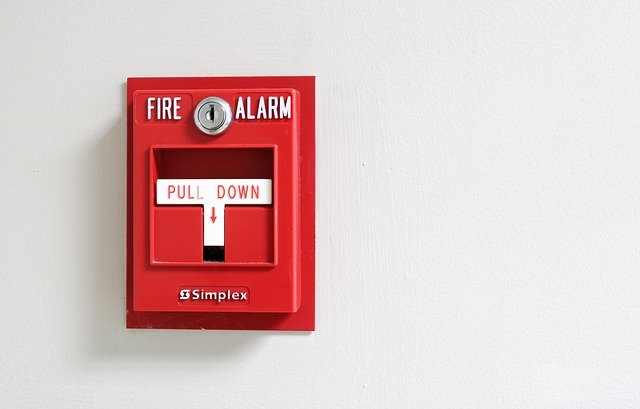
There are few things that can bring years of work crumbling to the ground as quickly as a fire can. Besides the structural damage fires can cause, they also pose a significant threat to the safety of your employees. That's why it's absolutely vital that you have a comprehensive plan established so that you can get things under control quickly if a fire occurs. Here are a few things you can do to help protect your business from fire:
1. Create a Plan and Identify Exits
It's impossible to say when or where a fire will start in your business. While there are certain places that fires are more likely (like the canteen) there's always a possibility that one could break out in the corridor or stairwell too. There should be a suitable exit strategy that's accessible regardless of where you are in the building. Once these exits have been identified, mark them out on a floorplan of the workspace and put them on display alongside your emergency plan of action. Your plan of action should be:
- Clear, concise and easy to follow
- Visible to employees throughout the workplace
- Understood by everybody
2. Practise Drills
This one may bring back a feeling of nostalgia as you remember standing in lines on the school playground - but there's a reason that fire drills are done in schools, they show everyone what to do if the fire alarm sounds. Practising fire safety drills is not child's play, it's a great way to make sure that all your employees understand how to safely exit the building in the event of a fire.
3. Fire Extinguishers
If a small fire breaks out, it can be controlled quickly using an appropriate fire extinguisher. There are six different classes we use to categorise fires here in the UK and for each one there is a recommended type of fire extinguisher you should use.
- Class A - Combustible Materials - Fires caused by flammable materials like wood & paper
- Class B - Flammable Liquids - Fires caused by alcohol, petrol, paint etc
- Cass C - Flammable Gases - Fires caused by gases like butane and propane
- Class D - Flammable Metals - Fires caused by magnesium, lithium, potassium etc.
- Electrical - Fires caused by equipment like computers and printers
- Class F - Cooking Oils - Fires caused by hot oils (usually deep fat fryers)
Depending on the potential hazards in your workplace, you'll need to make sure you have the right fire extinguishers to tackle the fire. For reference, dry powder can tackle all classes of fire except cooking oil - so you may want to make sure you have one of these handy! To avoid confusion under pressure, you might want to run a training session with your employees to make sure they know the correct way to use the fire extinguishers in an emergency.
4. Relationship with the Fire Service
There's no harm in getting friendly with the local fire service and giving them a rough idea of your business' floor plan. If they know exactly how to move through your business premises, it will help them navigate through the building even if the walkways are filled with smoke.
The final tip we have for you (and probably the most important) is to make sure you have a fully functional fire alarm system installed at your business premises. This is the first warning that you and your employees will get if a fire breaks out, so it needs to be working at all times.

Here at IDS Security, we have over 20 years of experience designing and installing fire alarm systems. We've worked with businesses across Wales to protect them from fire. Our experts can survey your business, design a fire alarm system that suits the building and install it with minimal fuss. We even offer a 24/7 call-out service to provide you will continued confidence that your business is protected from fire.
Learn More & Request a Quote >